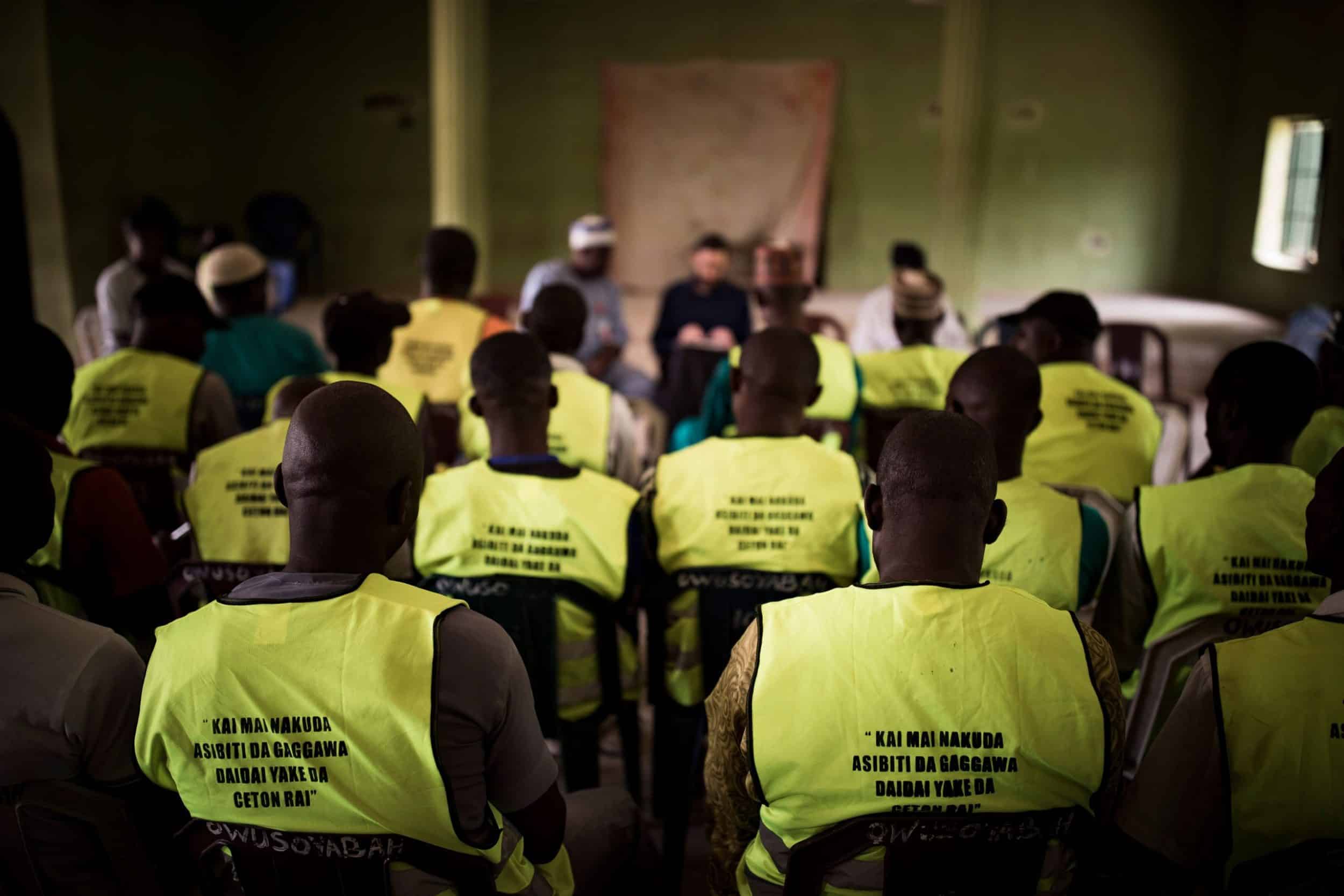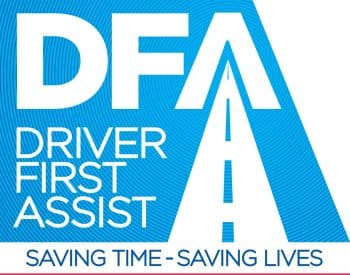Reports and Research Papers

Journal article: The lived experiences of women workers in Africa’s transport sector: Reflections from Abuja, Cape Town and Tunis
This paper draws on ethnographic research conducted 2019–2022 in three quite diverse city regions – Abuja, Cape Town and Tunis – to understand women’s lived experiences of work in the road transport sector. The strength of connection between male identity and motor-mobility in Africa is ubiquitous and has rarely been questioned by transport sector actors. Women are still largely absent from the story, constrained at least partly by hegemonic norms of femininity and an ‘affective atmosphere’ that deters female entry. However, there are occasional cases across Africa where women have dared to disrupt this masculinist enterprise, either as employees or entrepreneurs.
This study explores and compares women transport workers’ everyday experiences, drawing principally on in-depth interviews with those in customer-facing roles (taxi and bus drivers, bus conductors). Relevant public sector organisations and major transport employers were also consulted, while focus groups with community groups of men and women explored their attitudes to women employed as transport workers, and with school-girls investigated their career aspirations and views regarding employment in the sector. A final section looks to the future, post-COVID-19. Although new opportunities occasionally emerge for women, they need much more support, not only in terms of skills training, but also through flexible working opportunities, union recognition and action, microfinance and financial management training. This support is essential in order to expand the visibility of women transport workers and thus make the wider transport milieu less overwhelmingly male and more welcoming to women transport users.
Download: The-lived-experiences-of-women-workers-in-Africas-transport-sector-1.pdf









